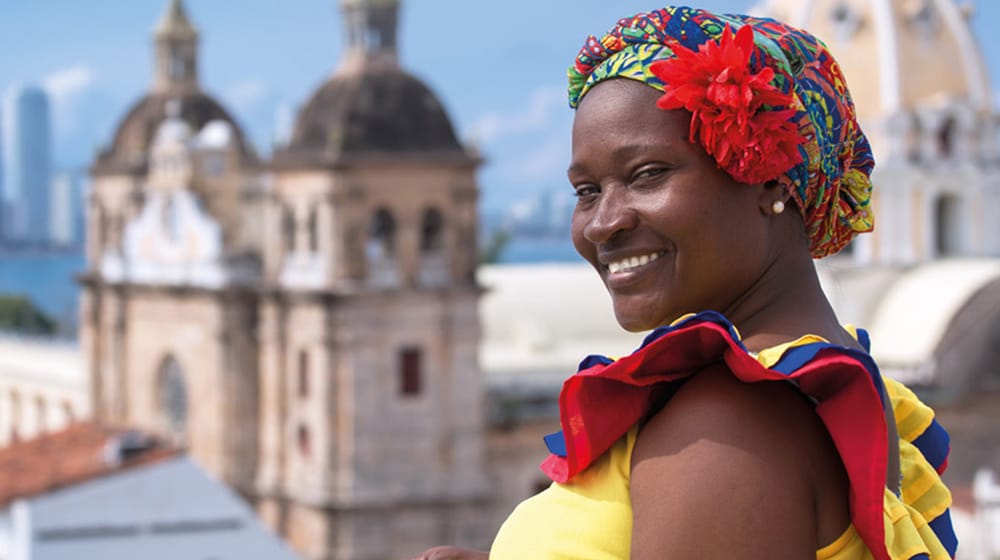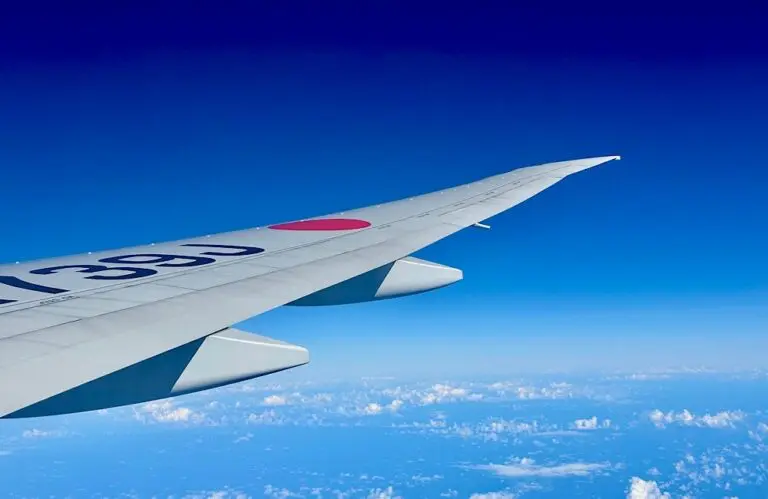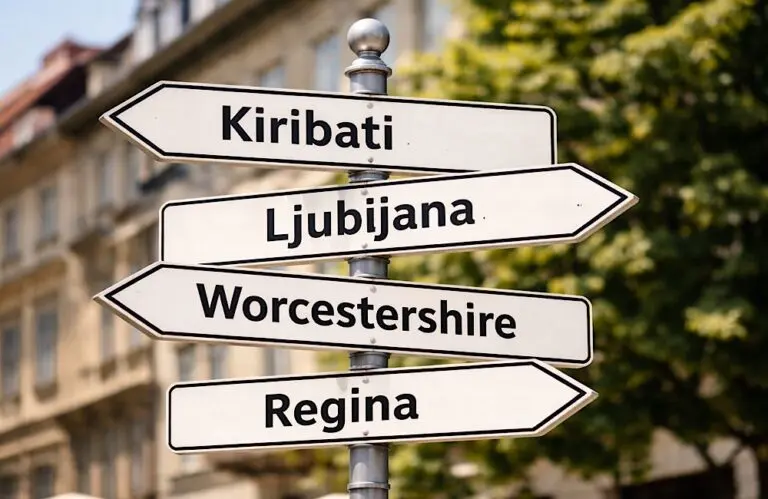Wendy Wu Tours may be known for all-inclusive group touring, but its latest sale is all about flights. The Ultimate Flight Sale offers free flights or half-price airfares on all new group tour date bookings until 27 March 2026.
Running from 27 February to 27 March 2026, the offer applies across all departure dates and destinations – in Asia and beyond.
The promotion spotlights Wendy Wu Tours’ core Asian destinations of China, Japan (popular with the founder herself), South-East Asia and India, while also driving awareness of its expanding portfolio across Latin America and South Africa.

Wendy Wu Tours Australia Managing Director Simon Bell said: “We know airfares are often the biggest barrier when planning a long-haul holiday, and we’re seeing growing curiosity among Australian travellers for destinations beyond the usual favourites, including Sri Lanka, Central Asia and South Africa.”
“This sale makes those bucket-list trips more accessible, while also giving travellers the perfect excuse to return to destinations they already know and love, all at exceptional value,” he said.

Sale highlights include a fly-free offer on the 20-day China Uncovered tour from AUD$8,780 per person twin-share, or save 50 per cent off airfares on the 14-day Scenic South Korea itinerary from $12,030.
Travellers can choose to either fly free or save 50 per cent off other tours, such as the 18-day Angkor to the Bay from $7,280, 18-day Japan Uncovered from $13,580, or 21-day Treasures of South America itinerary from $19,880.

All Wendy Wu Tours itineraries are fully inclusive with international flights, accommodation, domestic transport, expert local guides, all meals on Classic tours, sightseeing and daily activities with entrance fees. Tours also include visa fees and processing for Australian passport holders for seamless travel.
For more info, visit wendywutours.com.au
KARRYON UNPACKS: The Wendy Wu Tours Ultimate Flight Sale tackles one of travel’s biggest booking barriers – airfare cost. For advisors, it’s a compelling hook to convert long-haul touring enquiries into confirmed bookings.




